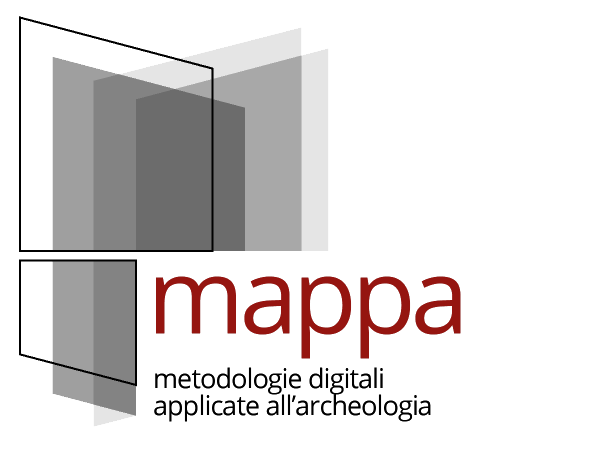Contemporary archaeology
The MAPPA Laboratory is thus at the forefront in the archaeological study of today’s society, approaching different research axes, laying the foundations for a debate at the national level and developing projects focused on XX and XXI centuries.
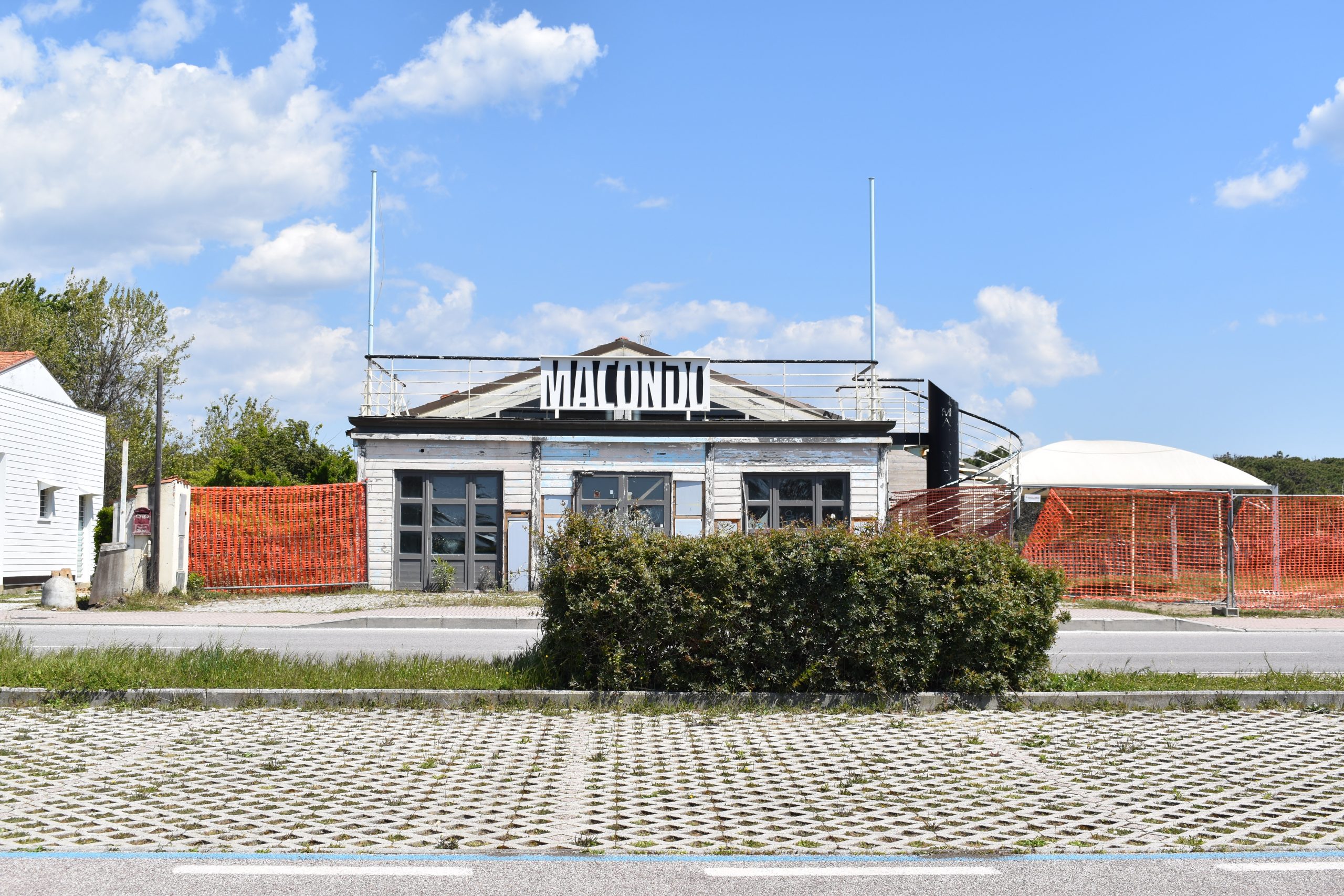
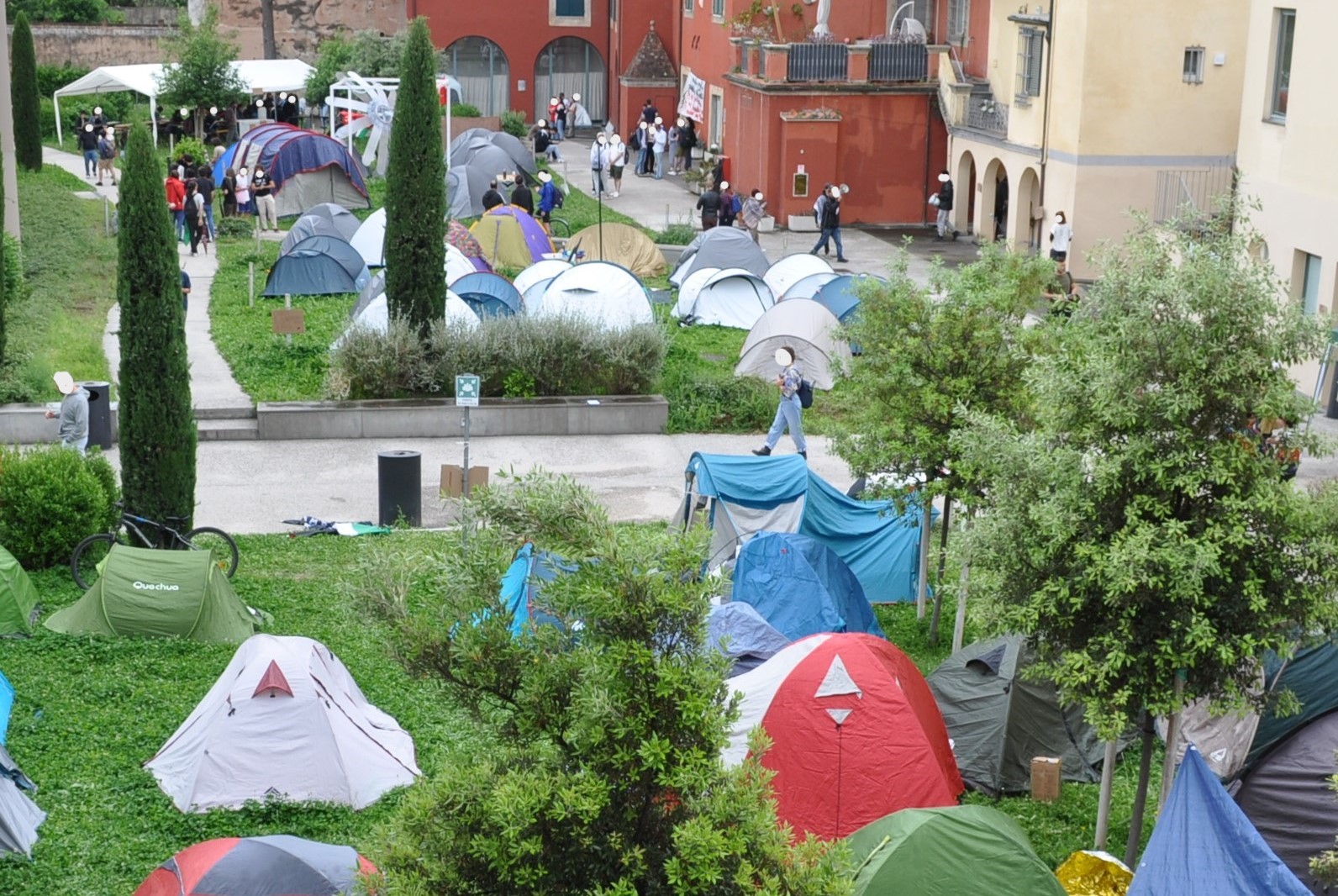
Acampada24 – Archaeological view
On May 13, 2024, Acampada 24 began in the Department of Civilization and Forms of Knowledge gardens at the University of Pisa. Students, who have been mobilizing for months, have set up tents. We believe it is important to document its development and memory archaeologically, focusing not only on the materiality it is producing and will leave behind.
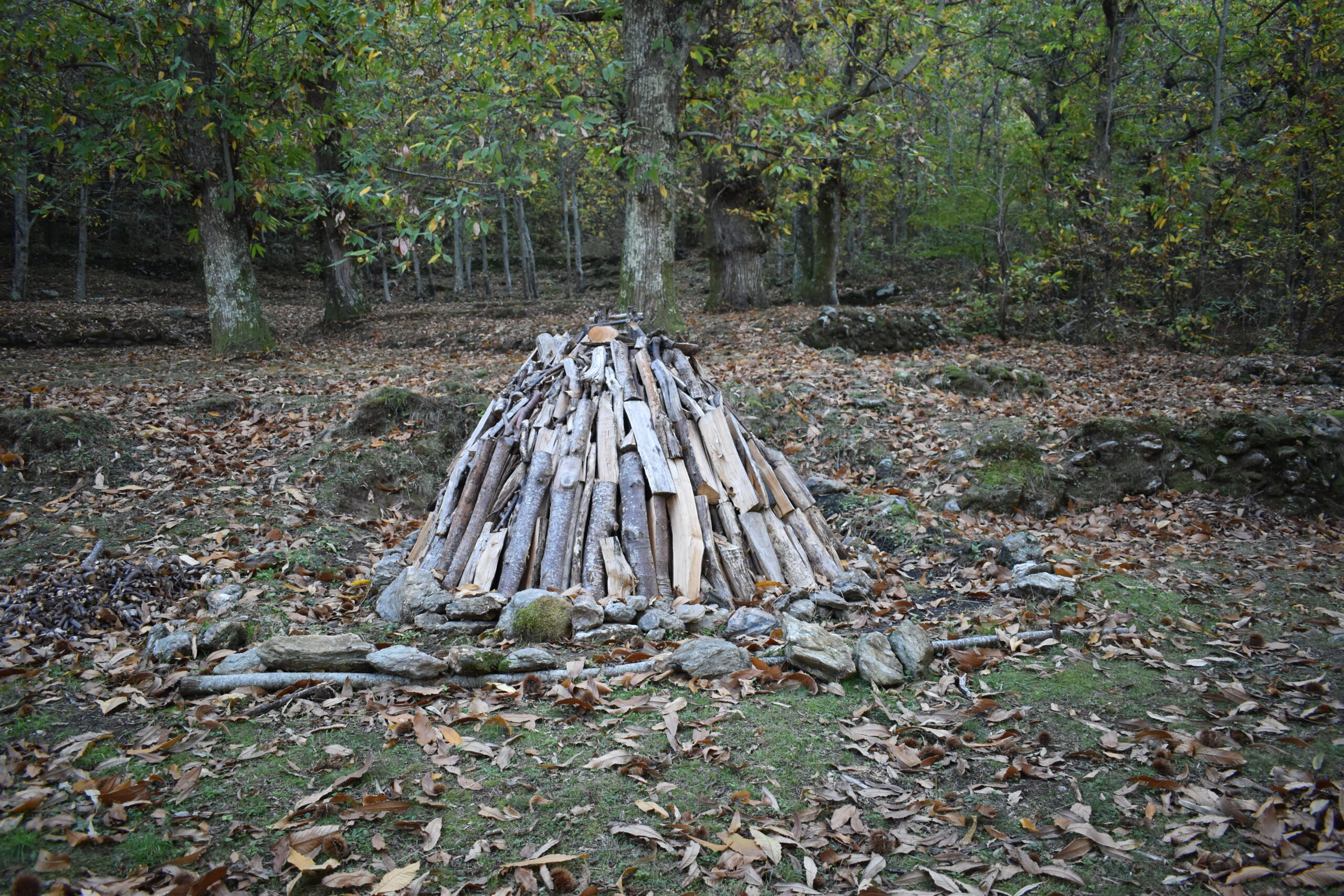
ArchMOSS - Archaeology of MOuntain for EcoSustainable development
Since the post-war period, human depopulation and the abandonment of agro-silvo-pastoral activities in the Apuan Alps have allowed the reoccupation of mountain spaces by animal and plant species. Abandonment/resilience/reoccupation characterise the Tuscan mountains and have led to the creation of protected natural areas and the development of conservation policies which, however, are not always fully understood by local communities, opening debates and conflicts on development and environmental preservation policies.
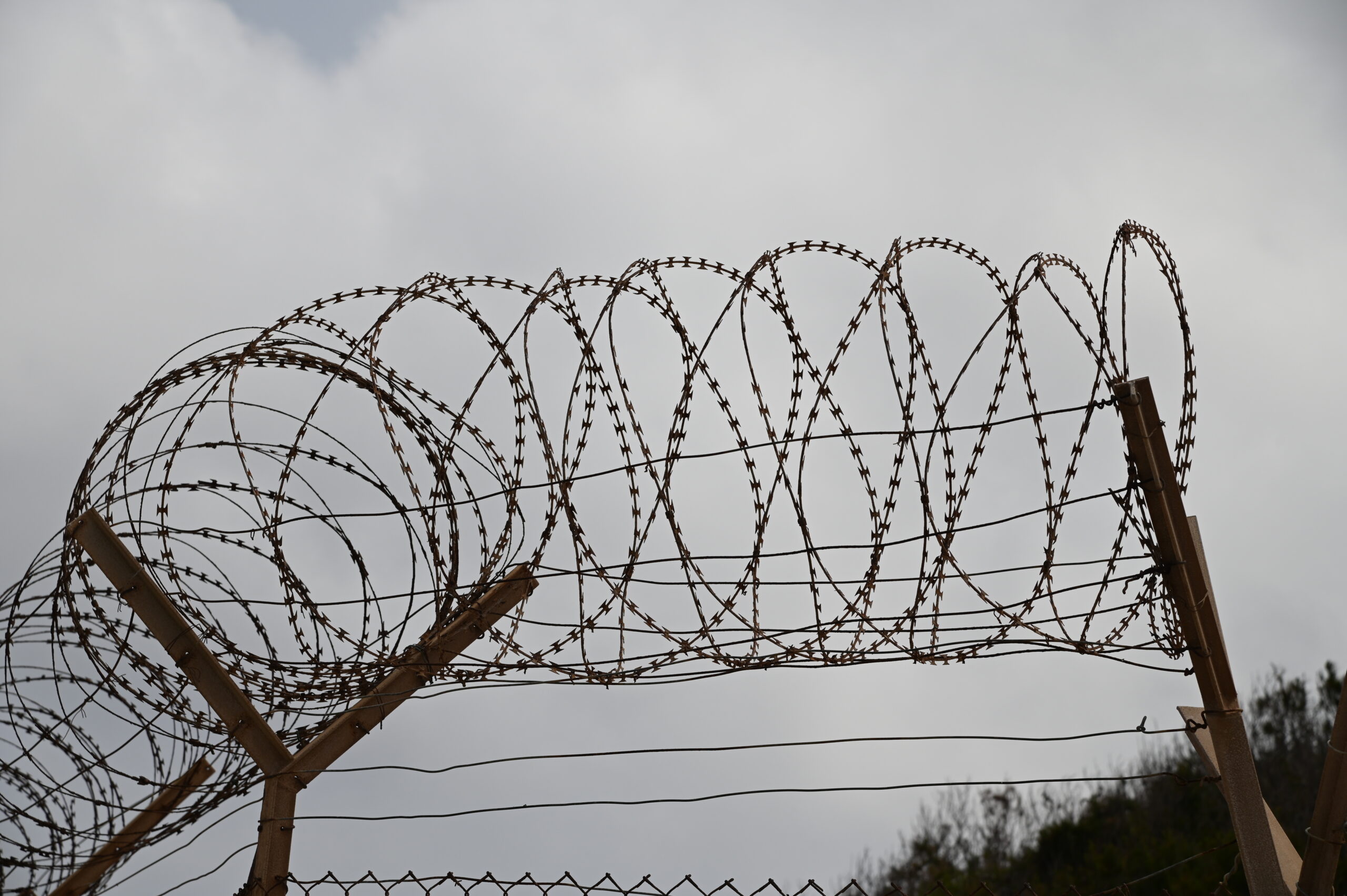
LI.MA. (LIminal MAteriality)
LI.MA. (LIminal MAteriality) is a particular educational project promoted by the class of Modern and Contemporary Archaeology and funded by the University of Pisa, dedicated to archaeologically exploring materiality along the borders of migratory routes in an attempt to understand what contribution the archaeological discipline can make to the counter-narrative of migratory phenomena and the relationships that are established with territories, landscapes, and liminal communities.
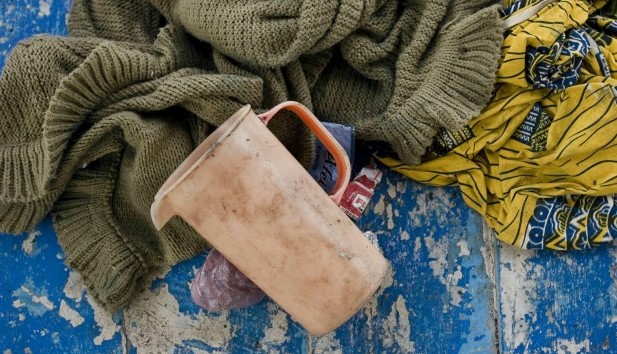
Archaeology of undocumented contemporary migrations (2020-2023)
The archaeology of migrations represents a key to understand the social, geopolitical and cultural transformations of contemporary society. Within the Italian context, the archaeological investigation of undocumented contemporary migrations, currently absent, will allow us to recognize the material traces of this phenomenon as an evidence of actual anthropic activity.
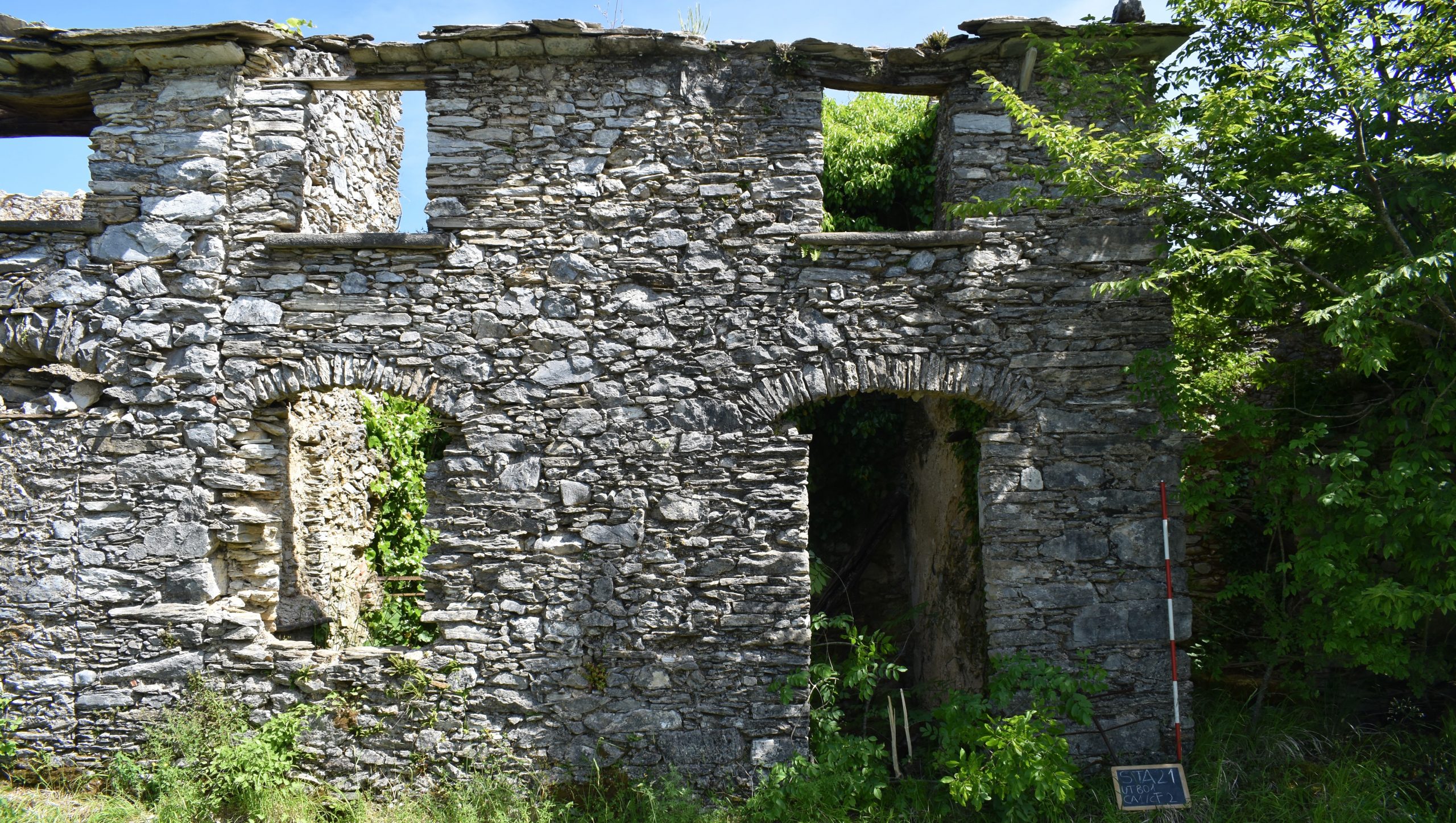
ARAM (2022-2024)
The “mid-mountains” are those areas that are not strictly hilly or with high altitudes, where the habitable space represents a dialectical mediation in the changing physical conditions. It is a multifaceted and polysemic place, in a strong relationship between natural and cultural mountains. These places result from overlaying of abandonments that have registered its economic-social marginality.
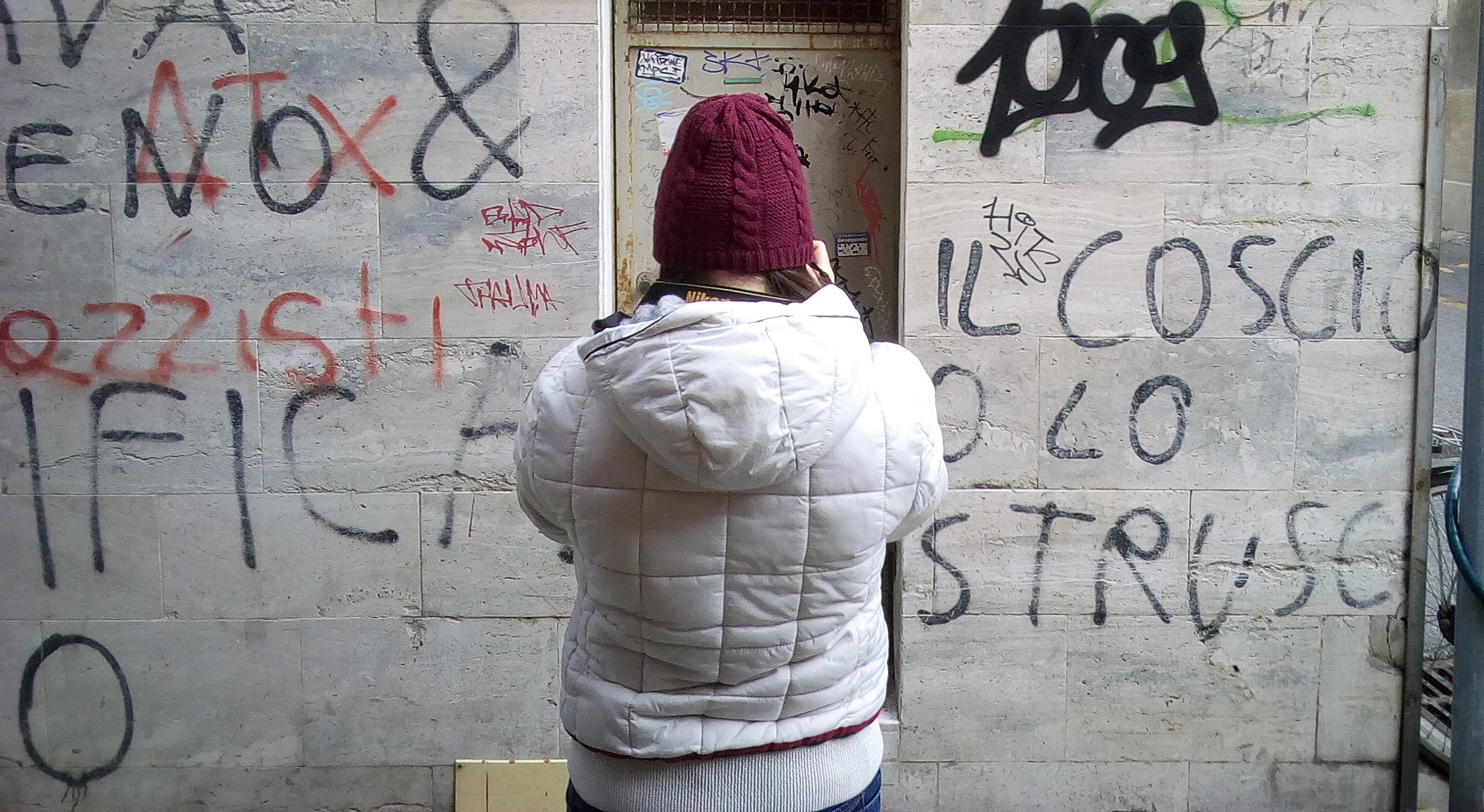
WRITES (WRiting Is on ThE wallS) (2020 – 2023)
WRITES is a contemporary archaeology project that aims to verify the feasibility of the archaeological analysis of contemporary traces, such as graffiti, writings, drawings, stickers, posters, scattered on walls, facades, shutters, doors, gates in the historic centre of Pisa.
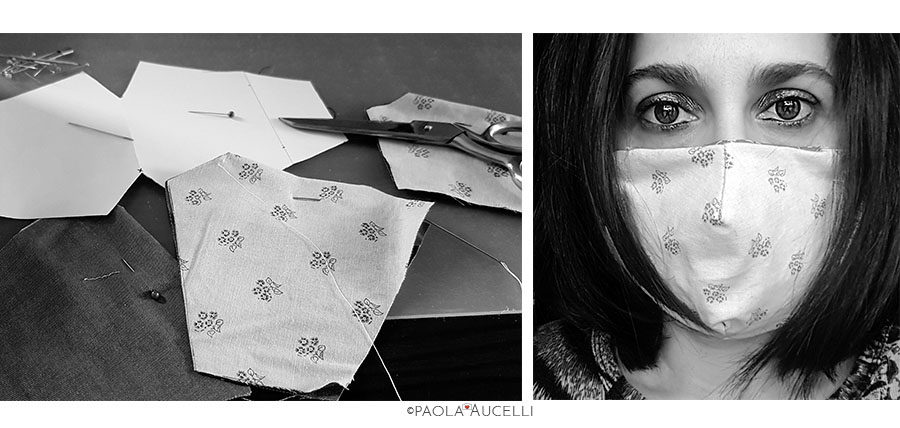
Every Thursday (2020 – 2023)
“Every Thursday” is a contemporary archeology project that aims at documenting the daily life during the period of quarantine imposed by the Italian government as a containment measure for the Covid-19 epidemic.
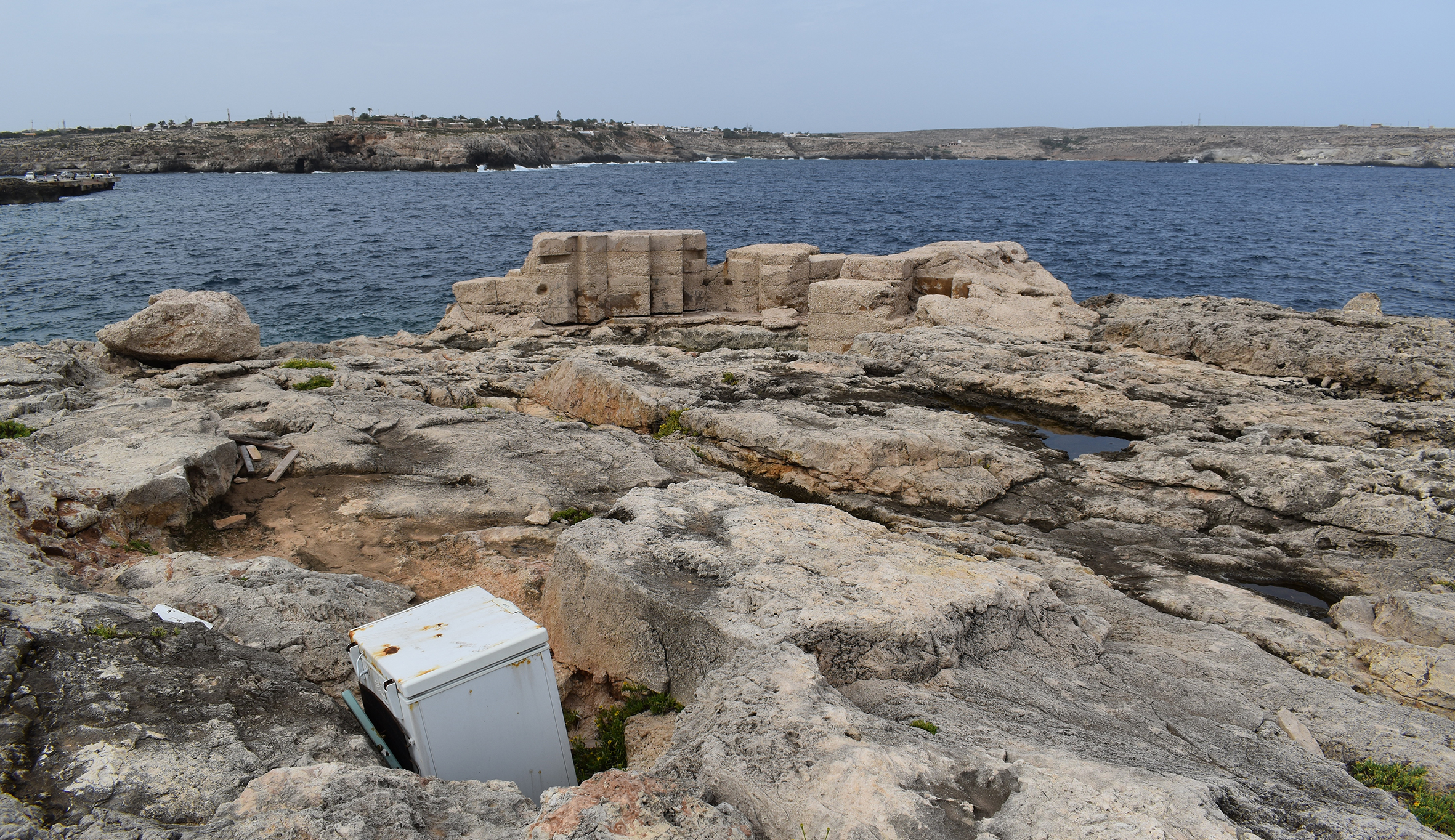
ISOLA (2022)
How can material culture be studied and documented in the globalization and consumption era?
The educational project ISOLA wants to work on this issue through a multidisciplinary experience between Pisa and Lampedusa. The island of Lampedusa has been chosen as a microcosm where global and local complexity crossed and where it’s possible to read this phenomenon through left material traces.
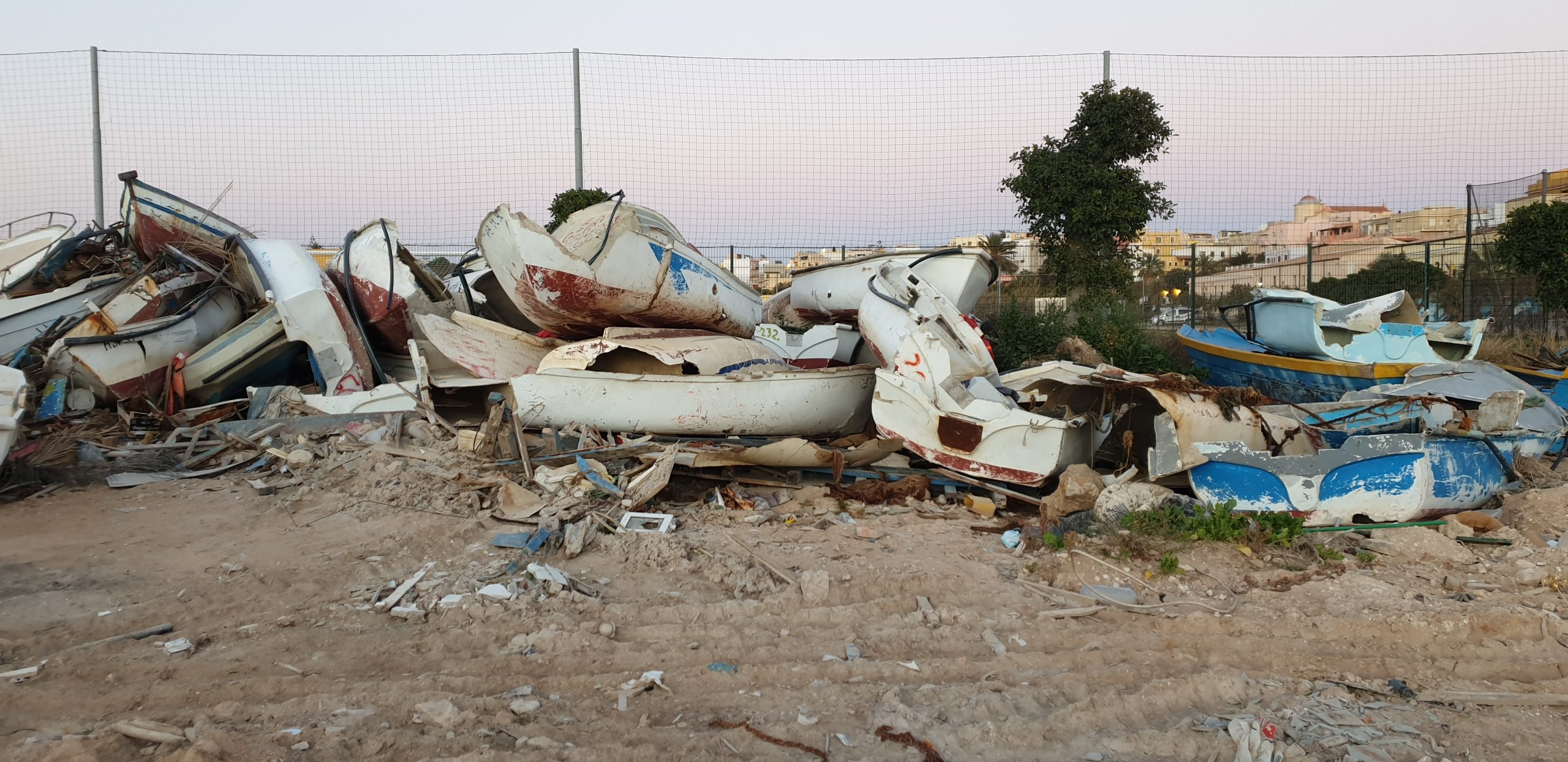
Archaeology of border (2021)
The contemporary borders are the issue on the Special Teaching Project titled “Archaeology of Borders”, promoted by the class of Methodology of the Archaeological Research. The project plans a trans-disciplinary archaeological and anthropological path.“Archaeology of Border”, starting from the broader approaches carried on by the MAPPALab’ projects such as “Contemporary archaeology” and “Archaeology of undocumented contemporary migrations”, aims to involve the students in a didactic experience through the idea of the contemporary borders.
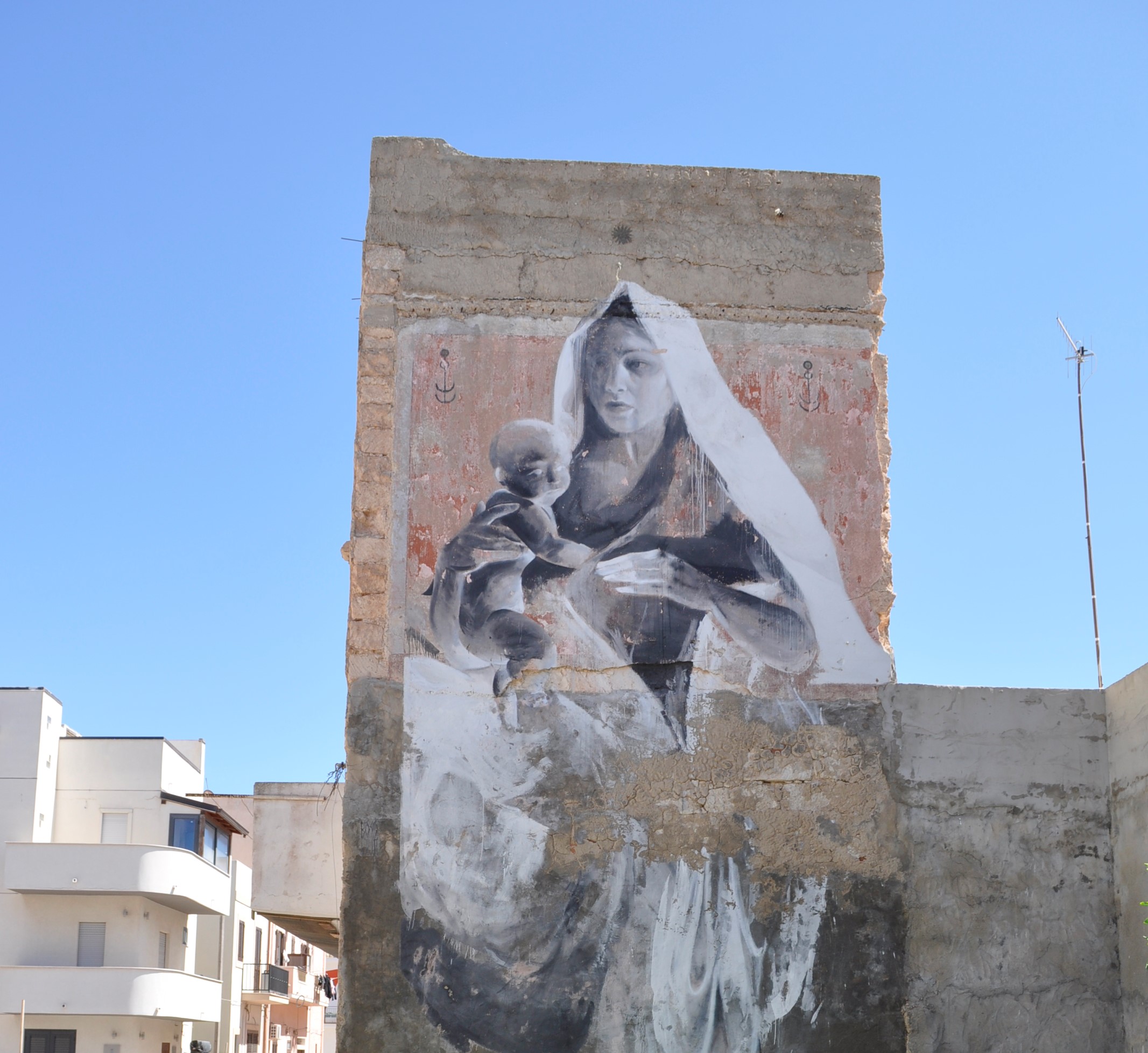
e-COOL: Ethnographies of Communities, Objects and places in Lampedusa
In the last two years, Lampedusa has been a focus for archaeological and anthropological educational experiences.
Following this path, e-COOL project aims to open a new phase where students will be protagonists proposing original research themes.

Memories of things, places and life.
The landscape transformation after the Second World War is a natural theme for those who live in mountain areas. The depopulation of villages and high-altitude sites and the abandonment of crops and woods is still partially legible today in the tangible and intangible memories with which local communities are confronted daily.
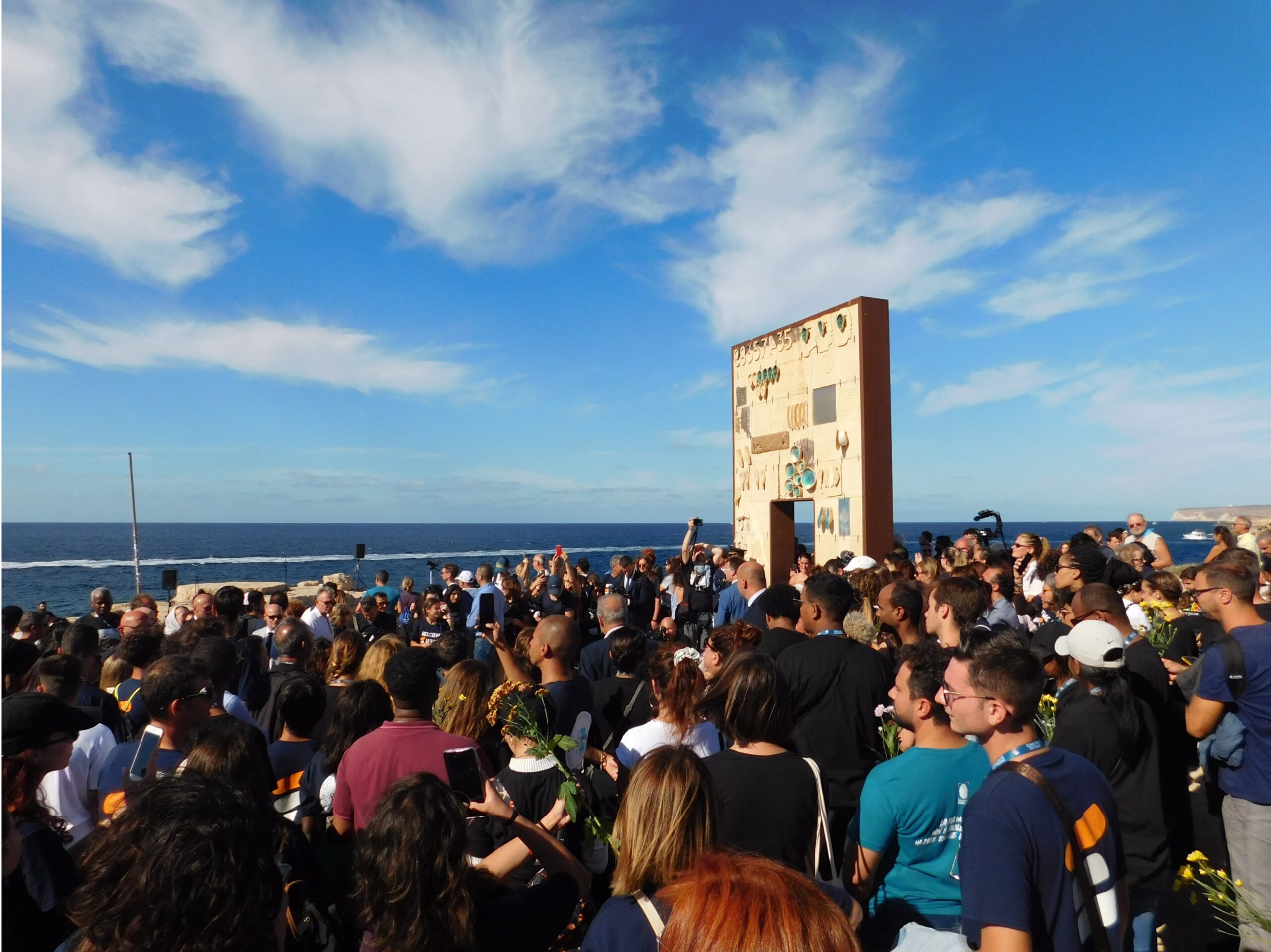
TOM - Traces of Movements (2022-2024)
The forced migrations and displacement we witness daily represent only the latest chapter in millennial history that has involved the movement of people and populations between different areas of the planet.
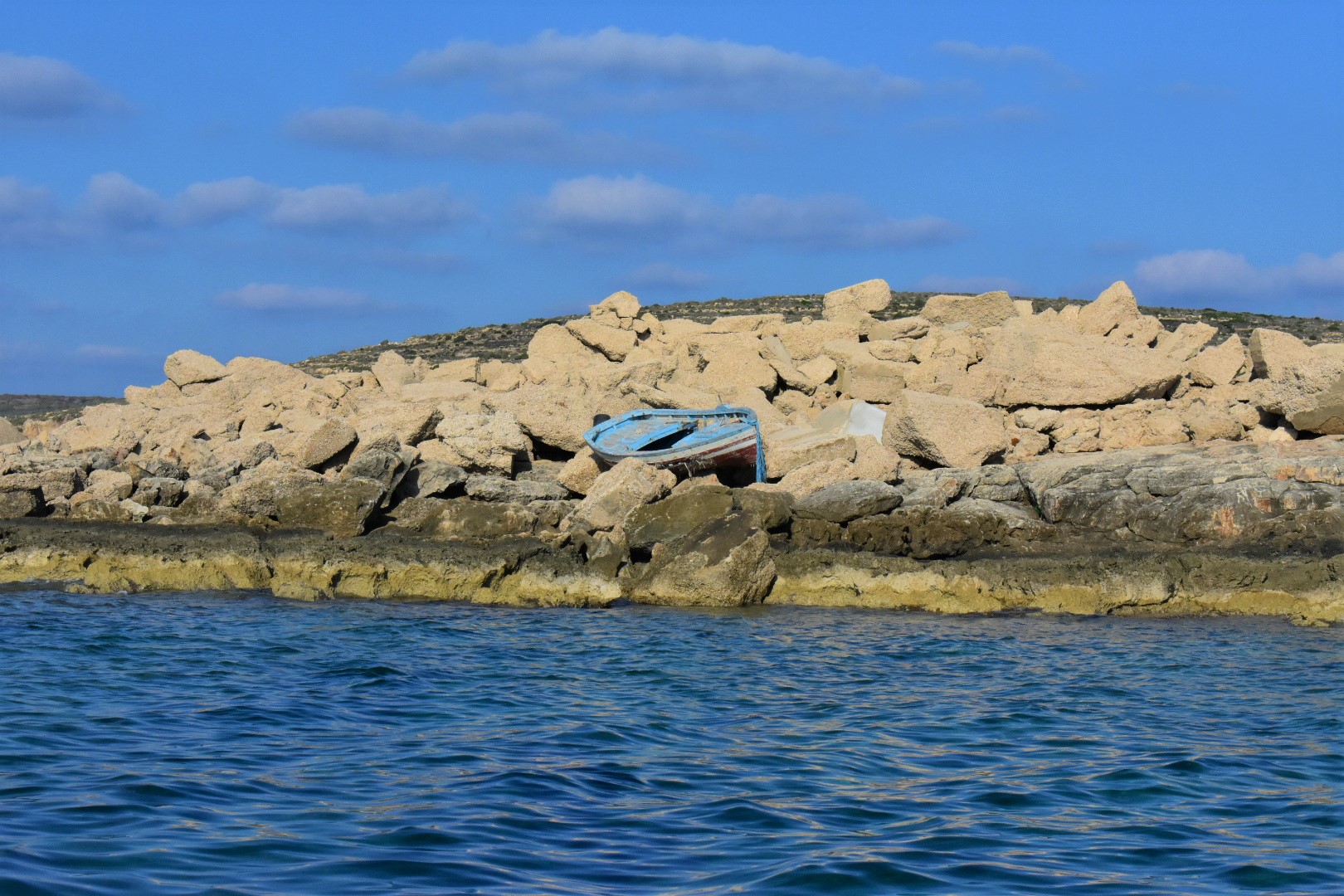
Re-Connect - Mending narratives and communications about migration
Following the special educational projects Archaeology of the Border, ISLAND and E-Cool, Re-Connect aims to continue to work in a transdisciplinary way, between archaeology, anthropology and audiovisual communication, on systematizing the enormous amount of documentation collected: images, videos, interviews, ethnographic observations and archaeological records.
